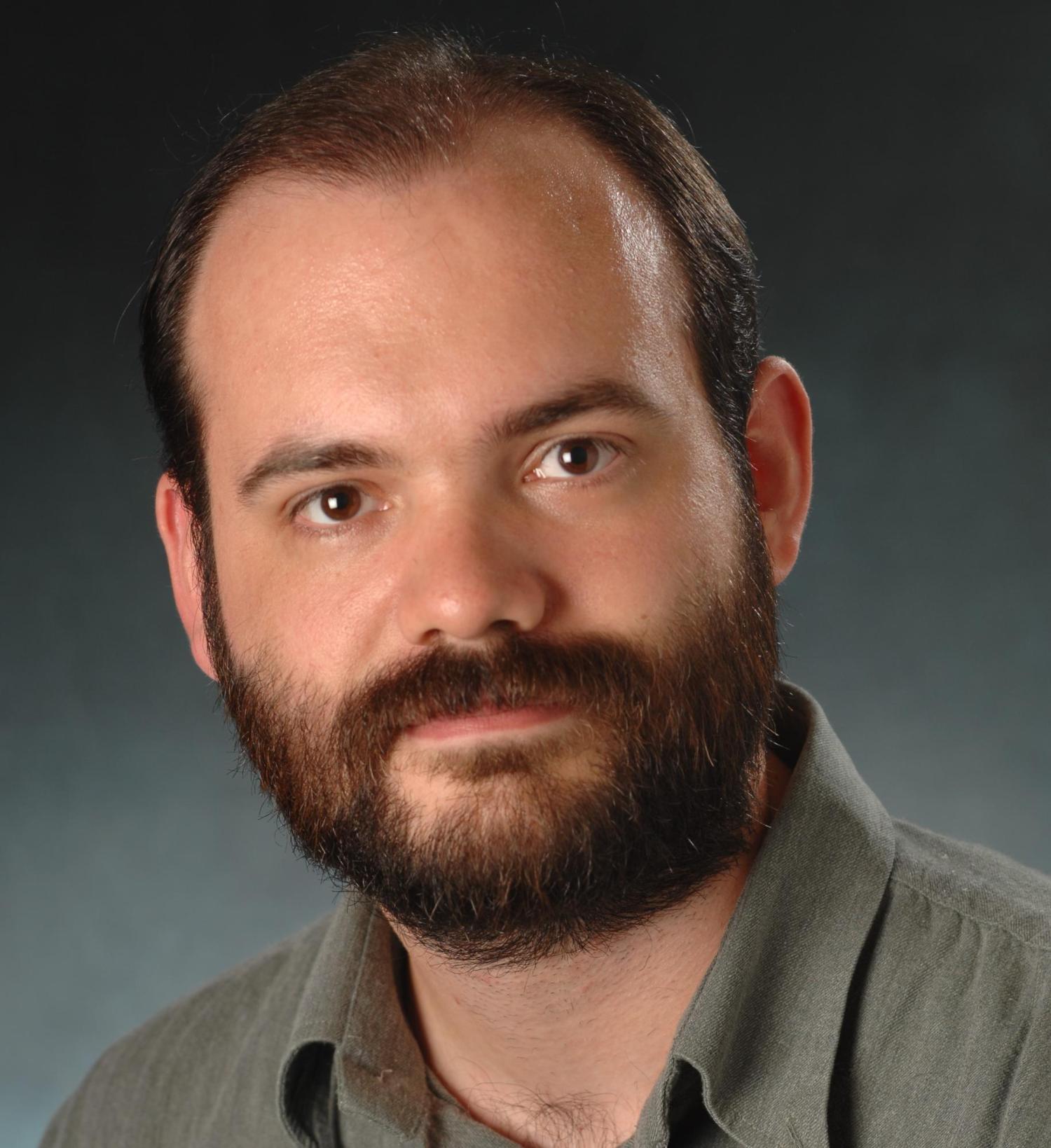Faculty profile: 'Power electronics is a discipline of tremendous practical relevance'

- Name: Luca Corradini
- Professional master's subplan: Power electronics
Tell us a little bit about your professional background.
I received the Laurea degree in electronic engineering and the PhD degree in industrial electronics from the University of Padova, Italy, in 2004 and 2008, respectively. From 2008 to 2011, I was a postdoctoral research associate at the Colorado Power Electronics Center (CoPEC) here at CU Boulder. I was an assistant professor with the University of Padova, Italy, from 2011 to 2017, then associate professor since 2017. In 2022, I joined the Department of Electrical, Computer and Energy Engineering as an associate professor.
What courses do you teach in the power electronics professional master’s program?
Since I joined ECEE, I have been teaching ECEN 5857 Digital Control for Power Electronics, a new course I have introduced in the curriculum that focuses on application of digital control principles and techniques to switched-mode power converters. I have also been teaching ECEN 5807 Modeling and Control of Power Electronic Systems, one of the core power electronics classes in the curriculum. More generally, in time, I plan to be involved in all courses we offer for the power electronics PMP, including the core theoretical courses as well as the lab-based ones, like ECEN 4517/5517 Power Electronics and Photovoltaic Systems Laboratory.
What’s your favorite part about teaching these classes?
Power electronics is a discipline of tremendous practical relevance in today's technology, and one characterized by a high level of interdisciplinarity. I like to show students how circuit design principles, feedback control techniques and sophisticated modeling approaches are used to make power converters work in practice, and that they see the connection between what they study and what is out there.
What are some of the specific skills you teach that are important in industry?
I believe that our Power Electronics Professional Master’s Program, as a whole, provides students with not only a broad knowledge about power electronics as a discipline, but also with detailed design principles and approaches that students are able to immediately use and capitalize on as soon as they are hired. Furthermore, our lab classes (such as ECEN 4517/5517 and ECEN 5527) provide our students with hands-on experience, which is invaluable for an electrical engineer.
What impact do you hope your students have in the industry or world?
Power electronics is about processing electrical energy in the most efficient manner, so it is a discipline which naturally aligns with the worldwide need for better and more efficient energy usage. I am sure that our students will keep proving themselves an outstanding force of competence and innovation for the industry sector most directly connected with renewable energy processing at residential and industrial level, transportation electrification, and electric grid modernization

